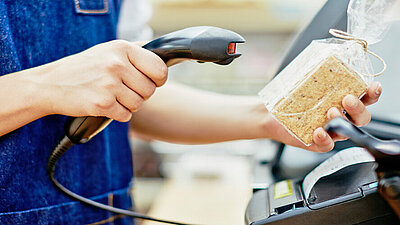Multimillion olive oil counterfeiting ring uncovered

Annual profit of around 8 million euros
It has emerged that German and Italian authorities, in a joint effort with Europol and Eurojust, have disbanded an international fraud ring that has supposedly earned millions over the years from the sale of counterfeit olive oil. In the process, the authorities have announced that they have confiscated more than 150,000 litres of fake olive oil and at least 20 suspects were arrested in more than 20 raids in Germany and Italy.
It was revealed that the gang used an oil mill in Southern Italy as their base. The counterfeiters bought approximately one million litres of cheap sunflower oil each year at a price of around one euro per litre and then mixed it with soya oil, chlorophyll and beta carotene under poor hygienic conditions. This oil was then sold on as high-quality extra virgin olive oil at a price of five to ten euros per litre. This earned the criminals an estimated profit of around 8 million euros per year. The fake oil was supposedly distributed all over Italy, but the majority of it was shipped to Germany by lorry. The transports seemingly took place every two weeks. According to Europol, during the investigation alone five truckloads with 23,000 litres of olive oil each were confiscated.
The counterfeit products were first stored at logistics companies in Germany, to then be sold, amongst others, to restaurants and businesses in Berlin, Frankfurt and Stuttgart. As reported by the Italian media, the gang had a large distribution network, enabling them to gain impressively high local market shares. According to Eurojust, the authorities were already aware of the criminals in 2015 following a report by the German Federal Office of Consumer Protection and Food Safety (BVL). The special police unit Carabinieri del NAS and the German police authorities then began their investigations, which were then supported and coordinated by Europol and Eurojust as things developed.
Sources
Europol, Eurojust, Giornale L'Ora
Article produced in cooperation with Anti-Piracy Analyst, May 2019 issue




